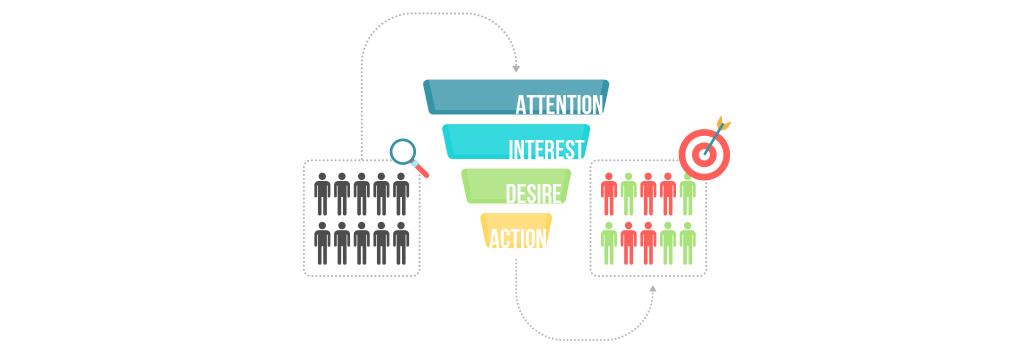07 October 2025
The Complete Guide to Building a High-Converting Marketing Funnel

If you have ever wondered why some brands convert curious visitors into loyal customers while others struggle to get attention, the answer often lies in the marketing funnel. This tried-and-tested concept gives businesses a clear pathway to guide potential customers from awareness to action. Whether you are just starting out or looking to refine your digital marketing efforts, understanding the funnel can transform your growth strategy.
What is a Marketing Funnel?
A marketing funnel is a visual model that represents the journey a customer takes before making a purchase. Imagine it as a pathway where the widest part at the top captures attention and the narrowest part at the bottom turns interest into action. The goal is to move people smoothly through every stage until they become paying customers, and ideally, repeat buyers.
For any marketing agency or business, this approach is essential because it helps focus efforts on the right audience, with the right message, at the right time.
The Marketing Funnel Stages
While there are different interpretations, most experts agree on three core marketing funnel stages. These can also be applied to a digital marketing funnel.
- Awareness
- Consideration
- Conversion
This is the stage where you introduce your brand to the prospects for the first time. Blogs, social media, paid ads, influencer collaborations, etc, are effective tools for this stage.
At this stage, prospects are aware of your brand and are weighing their alternatives. Retargeting ideas like email campaigns, product demos, and case studies can help build trust.
The final step where the prospect becomes a paying customer. This is where offers, free trials, and strong calls-to-action play a key role.
In a digital marketing funnel, the above given steps are often aided by data tracking, retargeting ads, and automated email sequences to ensure no lead slips away.
Why Your Business Needs a Funnel Strategy
A well-designed funnel strategy helps you:
- Understand your audience better
- Allocate resources effectively
- Build stronger relationships
- Boost conversions
A well designed funnel strategy helps you to track your prospects’ journey and provides you insights for improvement.
It helps you to strategically allocate your available resources giving you maximum returns.
Nurturing leads through personalized content makes customers more likely to choose you over competitors.
Targeted efforts at each stage increase the chances of turning interest into sales.
Moving Towards a Full Funnel Approach
Many brands are now moving towards a full funnel marketing strategy that covers the overall customer journey. It is much more than just capturing leads. It includes a strategic process wherein every stage of customer journey is catered efficiently. For a comprehensive funnel approach, one should customize content according to the stages. For example:
- Top of Funnel
- Middle of Funnel
- Bottom of Funnel
Blog articles, explainer videos, and social media campaigns to attract new audiences.
Webinars, product comparisons, and testimonials to deepen trust.
Special offers, free consultations, and case studies to seal the deal.
Final Thoughts
A well-structured funnel marketing strategy removes the guesswork and helps you focus on what truly drives results. It helps you to track customer journeys through data, and not by assumptions. This helps improve decision-making, which in turn enhances customer satisfaction.
If your business is yet to adopt a marketing funnel, now is the time to start. If you need expert guidance to create or refine your strategy, Think First Digital is the right partner to help you formulate a strategic marketing funnel that turns prospects into actual customers.
Get in touch with us today!


